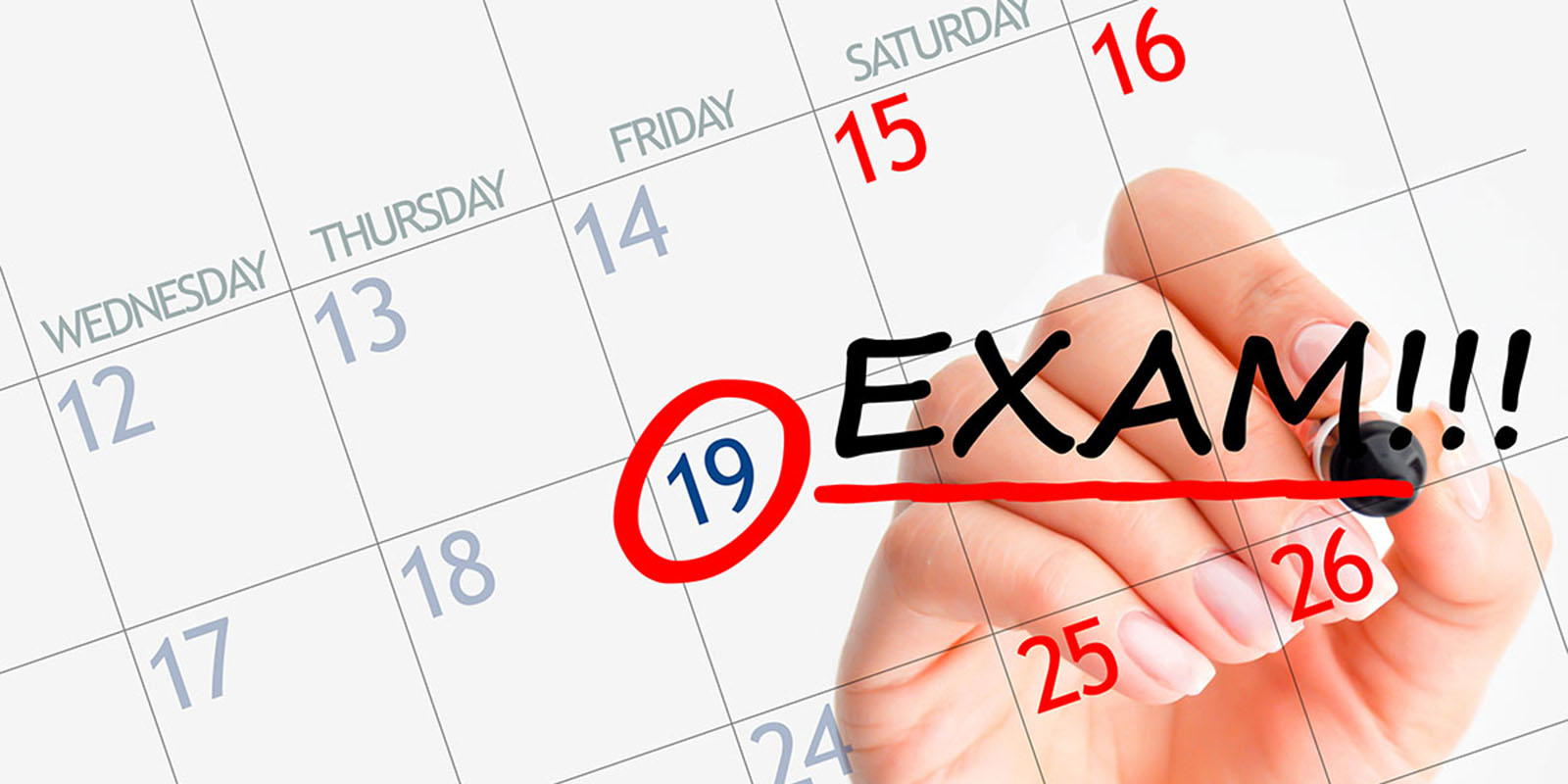Exams are a source of constant debate among educators, policymakers, and parents. Recently, ministers revealed plans to introduce testing for 4-year-olds in England. The baseline assessments have been widely criticised, but how do you feel about the proposed move? When is the best time to start exams, and is there a right answer to this question?
The baseline tests, which have been outlined by the government, are designed to provide an indicator of progression, which follows the child throughout the primary school journey. The results of the assessment, which is carried out when the child starts school, will be used to determine the level of development when compared to results obtained at the end of primary school at the age of 11. The findings, according to ministers, would not only measure the child’s progression, but also provide a more accurate insight into how well individual schools are performing. The school standards minister, Nick Gibb, described the new test as a “quick, simple assessment” that would “capture the progress that children make” and “provide a fairer measure for school accountability.”
The test has been criticised by many, but what does it actually involve? The government is proposing a 20-minute assessment, which measures basic literacy, mathematics, communication and language skills. The test would replace the examinations for year 2 pupils. The Department for Education stressed that children wouldn’t have to prepare for the exam, and the material covered would be largely familiar to them.
Although some educators have welcomed the new test as a replacement for exams for 7 year-olds, there are concerns. Chief executive of the Pre-School Learning Alliance, Neil Leitch, said that testing 4-year-olds would put pressure on the children and promote preparatory work and coaching to ensure that children achieved the best results. Mr Leitch said that the test, which is taken on a tablet, won’t provide teachers or parents with useful information about the child, and will serve to increase pressure on very young children.
The government has tried to introduce baseline tests before, but was forced to scrap the measures. The latest attempt has been criticised by the National Education Union. Mary Bousted, joint general secretary, expressed fears that a new test for reception students would result in children with special educational needs and disabilities and those who are very young within the year group “being labelled as low ability.” Madeleine Holt, from More Than A Score, a group made up of parents, educational experts and teachers, claimed that there is no evidence to support the fact that 4-year-olds can be tested “reliably.”
On a slightly more positive note for the government, the deputy general secretary of the National Association of Head Teachers, Nick Brook, said that the right baseline test could “see a reduction in the volume of high stakes testing in primary.”
There’s a great deal of debate surrounding the introduction of new exams and the right age to test children. It seems as though there will never be a solution that pleases everyone, but perhaps the debate in this article has helped you to form an opinion and think about what age you think children should start sitting exams.



